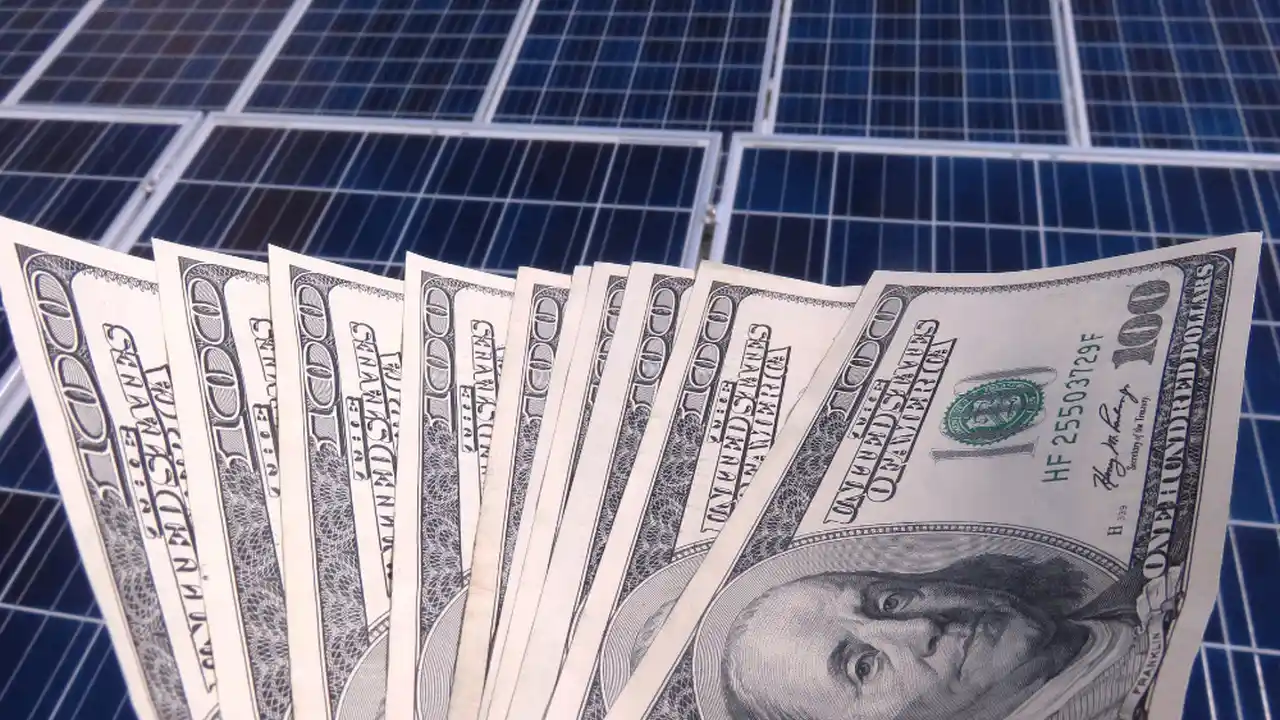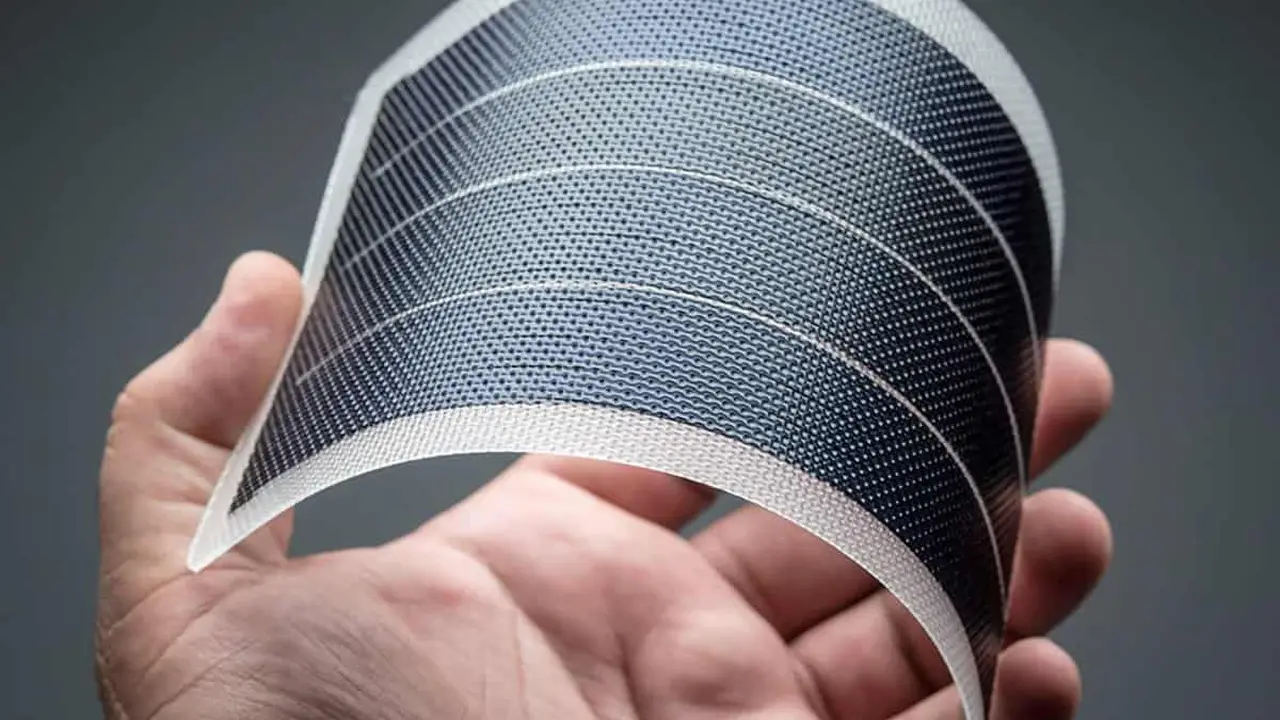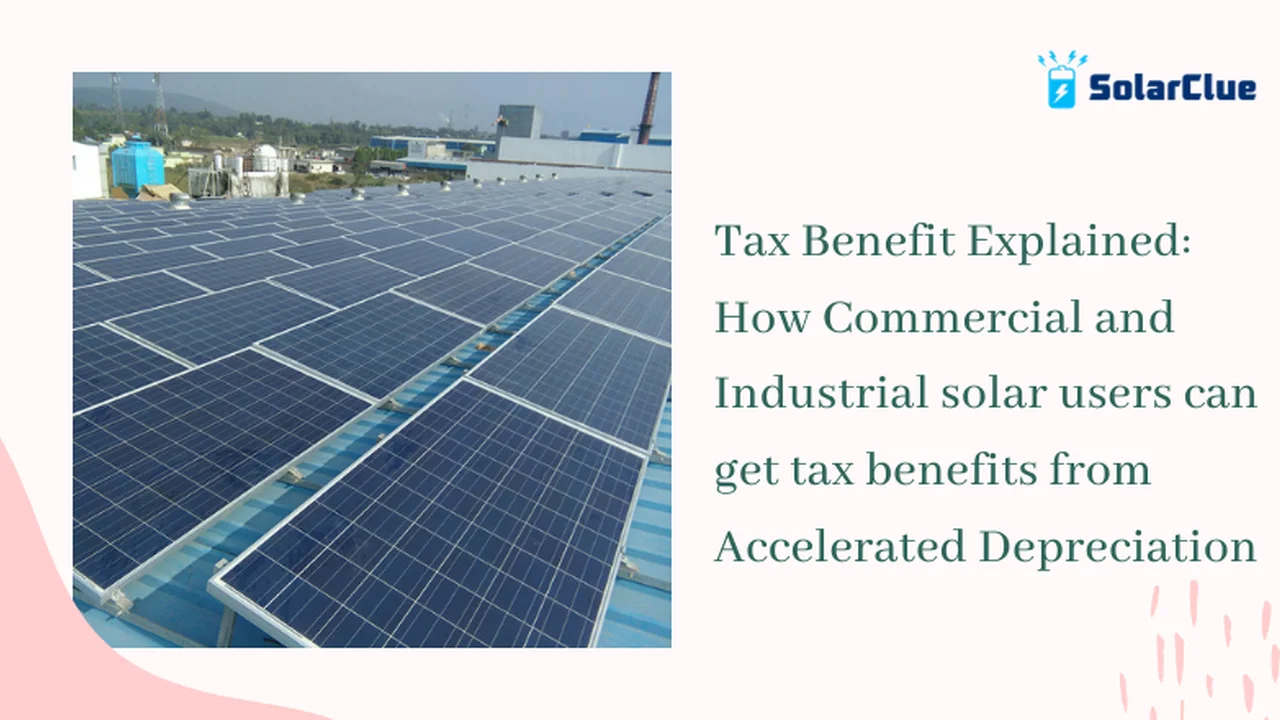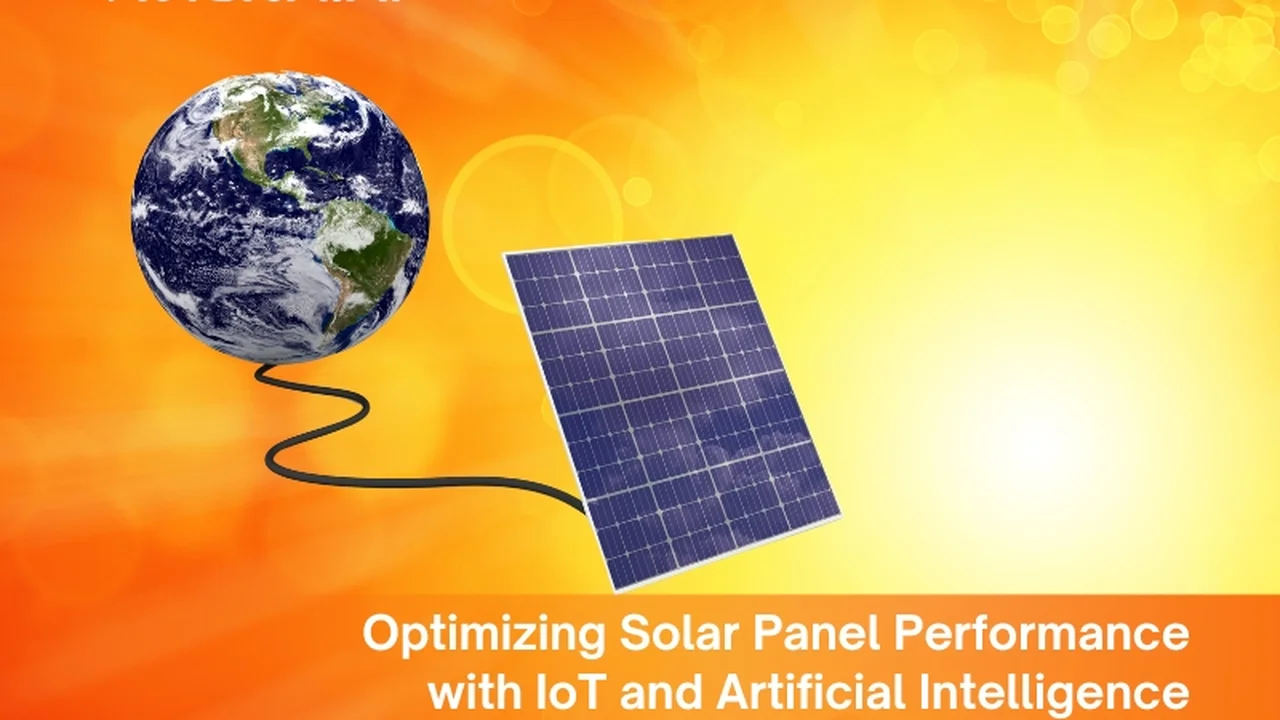Solar Panel Inspection Checklist: Ensuring Quality Installation
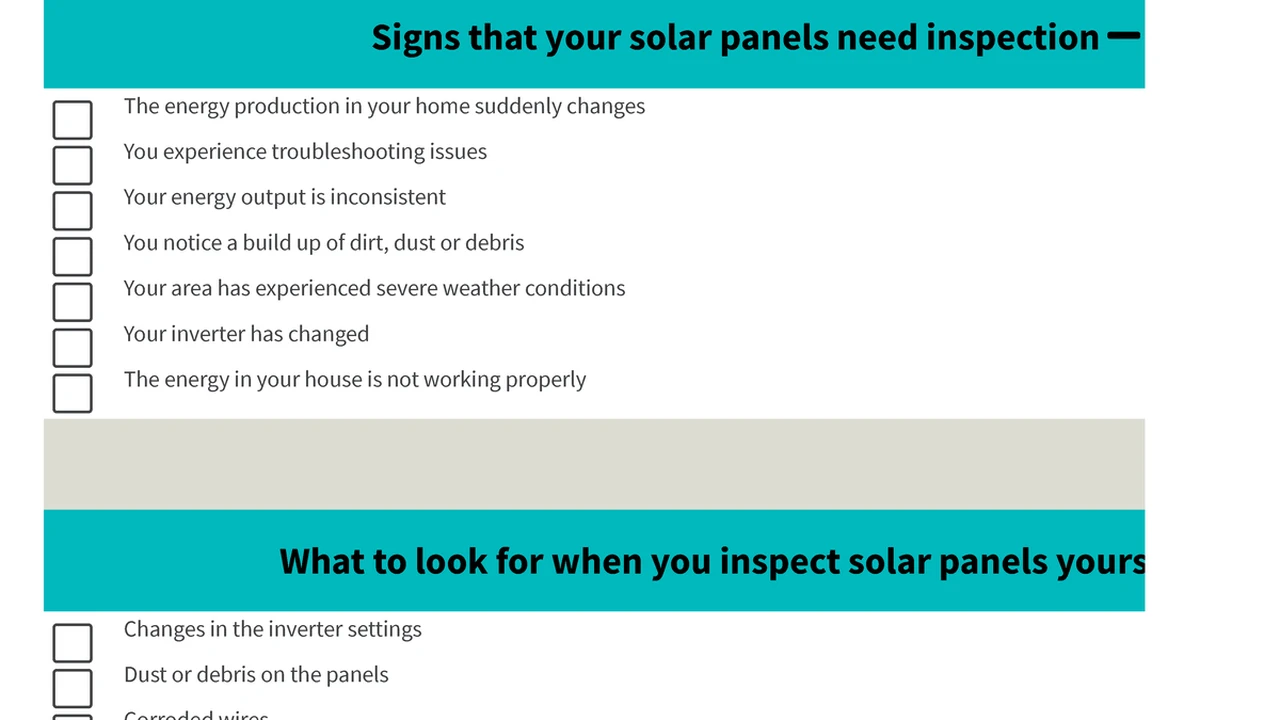
Understanding the Importance of a Solar Panel Inspection Checklist
So, you're thinking about going solar? Awesome! But before you start basking in the glory of clean energy and lower electricity bills, let's talk inspections. A solar panel inspection checklist isn't just some bureaucratic hurdle; it's your shield against shoddy workmanship and future headaches. Think of it as a pre-flight check for your rooftop power plant. We're talking about ensuring your investment is safe, efficient, and built to last. Ignoring this step is like buying a car without checking the engine – a recipe for disaster!
Pre-Installation Solar Panel Inspection Checklist Items
Before those shiny panels even touch your roof, there's work to be done. This pre-installation phase is critical for identifying potential problems before they become real ones. Here’s what to look for:
Site Assessment and Shading Analysis
First things first: Is your roof even suitable for solar? A proper site assessment considers things like roof orientation (south-facing is ideal), angle, and structural integrity. Then comes the shading analysis. Trees, chimneys, or even nearby buildings can cast shadows that drastically reduce energy production. Sophisticated software can map out these shadows throughout the year, helping determine the optimal panel placement. Don't skimp on this step – a poorly placed system is a money pit.
Permitting and Paperwork Verification
Ugh, paperwork. We know, it's not the fun part. But ensuring all the necessary permits are in place is crucial to avoid legal hassles down the road. Your installer should handle this process, but it's your responsibility to verify they've dotted their i's and crossed their t's. Double-check local building codes and regulations; they can vary wildly from town to town.
Equipment Inspection: Panels, Inverters, and Mounting Hardware
Before installation begins, inspect all the components. Are the panels free from cracks or defects? Is the inverter the correct size and model? Is the mounting hardware sturdy and corrosion-resistant? This is your chance to catch any shipping damage or manufacturing flaws before they're installed. Document everything with photos!
During Installation Solar Panel Inspection Checklist Items
This is where things get real. The panels are going up, and the installation is underway. Keep a close eye on these critical areas:
Proper Mounting and Securing of Solar Panels
This is non-negotiable. The panels must be securely mounted to the roof structure, capable of withstanding high winds and heavy snow loads. Check that the mounting hardware is properly torqued and that all connections are watertight. A loose panel is a dangerous panel, and a leaky roof is… well, a leaky roof. Make sure flashing is properly installed around mounting points to prevent water intrusion.
Wiring and Electrical Connections Inspection
Electricity is nothing to mess with. Ensure all wiring is properly insulated, grounded, and connected according to code. Look for neat, organized wiring runs, free from kinks or sharp bends. Improper wiring is a fire hazard waiting to happen. Verify the correct gauge wire is used for the amperage being carried.
Inverter Installation and Configuration
The inverter is the brain of your solar system, converting DC power from the panels into AC power for your home. Make sure it's properly installed in a well-ventilated area and configured correctly for your specific system. The installer should walk you through the inverter's settings and monitoring capabilities.
Post-Installation Solar Panel Inspection Checklist Items
The installation is complete! Time to celebrate? Not quite yet. A final inspection is crucial to ensure everything is working as it should.
System Performance Monitoring and Testing
Your solar system should be generating power immediately. Monitor the system's performance using the inverter's monitoring system or a dedicated solar monitoring app. Compare the actual energy production with the estimated production based on your site assessment. If you see discrepancies, investigate further.
Final Paperwork and Warranty Verification
Ensure you have all the necessary paperwork, including permits, inspection reports, and warranty information. Understand the terms of your warranty and what it covers. Keep all documents in a safe place for future reference.
Safety Inspection and System Shutdown Procedures
Your installer should walk you through the system's safety features and shutdown procedures. Know how to disconnect the system in case of an emergency. Understand the location of the disconnect switch and how to operate it.
Recommended Solar Panel Products and Comparisons
Choosing the right solar panels can be overwhelming, with so many brands and models available. Here's a look at a few popular options, their uses, and a comparison:
LG NeON 2 Solar Panels
Use Case: Residential rooftops where space is limited, but high power output is desired.
Description: LG NeON 2 panels are known for their high efficiency and sleek design. They also have a strong warranty and are built to withstand harsh weather conditions.
Price: Typically ranges from $3.00 to $3.50 per watt.
REC Group Alpha Series Solar Panels
Use Case: Both residential and commercial applications, particularly where durability and long-term performance are important.
Description: REC Alpha panels boast high power output and a lead-free design, making them an environmentally friendly choice. They also have a robust warranty and excellent temperature coefficient.
Price: Generally priced between $2.80 and $3.30 per watt.
Panasonic EverVolt Solar Panels
Use Case: Residential solar systems seeking a premium product with integrated energy storage capabilities.
Description: Panasonic EverVolt panels are known for their reliability and performance. They are often paired with Panasonic's EverVolt battery system for energy storage. They also have an industry-leading warranty.
Price: Often more expensive, ranging from $3.50 to $4.00 per watt.
:max_bytes(150000):strip_icc()/277019-baked-pork-chops-with-cream-of-mushroom-soup-DDMFS-beauty-4x3-BG-7505-5762b731cf30447d9cbbbbbf387beafa.jpg)



